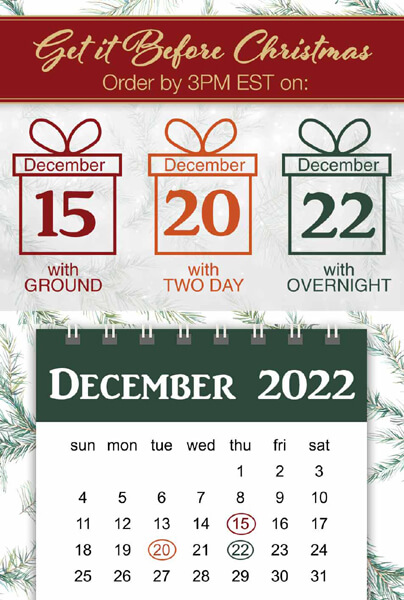Sort By:
Golden Gate Bridge IIby Tucker Smith
30" x 27" Framed Photograph Frame
Black and White Palm IIIby J. Johnson
16" x 16" Framed Photograph Frame
Black and White Palm IIby J. Johnson
16" x 16" Framed Photograph Frame
Sunset in the Forestby Stanislav Brusilov
40" x 32" Framed Artwork Frame
Indian Elephant Gatheringby Ramesh Sharma
21" x 28" Framed Artwork Frame
Crane And Lotus Panel I
16" x 32" Framed Artwork Frame
Poised In Nature IIIby George Edwards
20" x 24" Framed Artwork Frame
Poised In Nature IIby George Edwards
20" x 24" Framed Artwork Frame
Winning The Derbyby Charles Bird
21" x 15" Framed Artwork Frame
Hummingbird Iby John Gould
22" x 29" Framed Artwork Frame
Framboise Floral IIby Basilius Besler
26" x 30" Framed Artwork Frame
Palace Gardenby Erich Dahlbergh
36" x 19" Framed Artwork Frame
Palace Courtyardby Erich Dahlbergh
35" x 18" Framed Artwork Frame
Two Parrot Tulipsby Leslie Gerstman
40" x 24" Framed Artwork Frame
Sophisticated Nude IIIby Ethan Harper
21" x 25" Framed Artwork Frame
Architectural Rendering Iby Vision Studio
27" x 18" Framed Artwork Frame
Architectural Rendering IIIby Vision Studio
27" x 18" Framed Artwork Frame
Bulb Garden IIby Basilius Besler
22" x 26" Framed Artwork Frame
Bulb Garden Iby Basilius Besler
22" x 26" Framed Artwork Frame
Classic Still Life IIby Ethan Harper
26" x 22" Framed Artwork Frame
Grove Avenueby Megan Meagher
22" x 28" Framed Artwork Frame
Tiger Chair On Redby Chariklia Zarris
19" x 23" Framed Artwork Frame
Pistachio II (giclee)by Denise Duplock
16" x 26" Framed Artwork Frame
Nautilus V
24" x 18" Framed Artwork Frame
Nautilus VI
24" x 19" Framed Artwork Frame
Nautilus I
25" x 19" Framed Artwork Frame
Nautilus II
25" x 19" Framed Artwork Frame
Nautilus III
19" x 25" Framed Artwork Frame
Nautilus IV
19" x 25" Framed Artwork Frame
Shenandoah Sunrise IIby Megan Meagher
25" x 32" Framed Art Frame
+ More Sizes
Coastal Villa Iby Jennifer Goldberger
27" x 37" Framed Art Frame
+ More Sizes
Four Corners IVby Jennifer Goldberger
27" x 27" Framed Art Frame
+ More Sizes
Stained Glass Window VIby Jennifer Goldberger
19" x 43" Framed Artwork Frame
Marshall Point Light, Maineby Laura Denardo
16" x 20" Framed Photograph Frame
Le Pont et Notre Dameby H. Jennings Sheffield
21" x 17" Framed Photograph Frame
Patina Iby Jennifer Goldberger
18" x 42" Framed Artwork Frame
Sort By:
Where Did Giclee Art Printers Originate?
In the early 1990s, printmakers introduced giclee art prints as a new way to reproduce artwork using computer-generated images and high-resolution inkjet printers. Giclee prints provide more subtle color gradation than conventional four-color process lithography, which had previously been the most common way to create art prints.
The introduction of framed giclee wall art enabled new ways to reproduce classic works of art. The bold colors of Vincent Van Gogh's Crown Imperial Fritillaries in a Copper Vase are a perfect example and presented well in the giclee print format. The bright yellows and reds in Amedeo Modigliani's Woman with a Fan are positively vibrant when output as giclee. The process is ideal for reproducing watercolor paintings.
Giclee Wall Art
With giclee wall art widely accepted, today's artists create work for the medium using digital techniques. They have broken free of the limitations and expense of the conventional printing process. Colors that appear muted with traditional lithography stand out on a giclee print. Framed giclee art opens up a world of decorating possibilities. The technology allows the transfer of images to either paper or canvas.
There's a certain irony in the technology's rise to prominence. The high-resolution Iris inkjet printers initially used for giclee prints were large-format proof-printing devices. Conventional lithographic printing plants began using inkjet printers in the late 1980s to check color fidelity and other issues, prior to printing. Print shops made test inkjet prints before creating printing plates which installed on the press. The market shifted in the early 1990s when graphic art entrepreneurs discovered that high-resolution large-format inkjets could be used for short-run art printing. Today's modern giclee art printer does away with the conventional printing press and support systems. This technology makes it more expedient for artists to bring their work to market.












